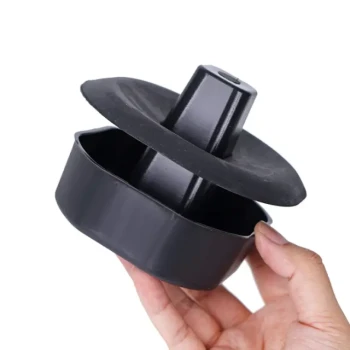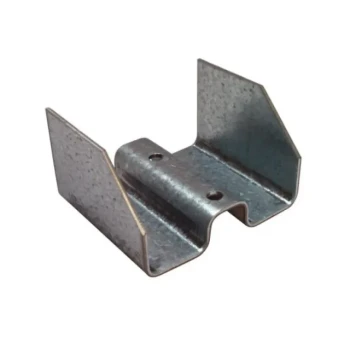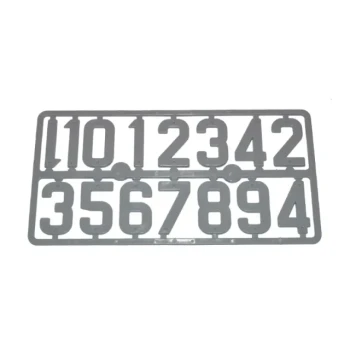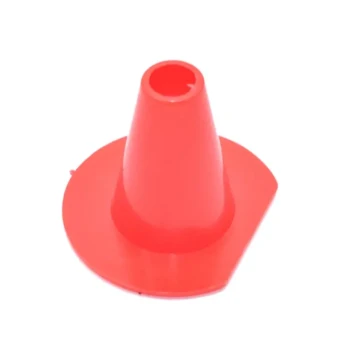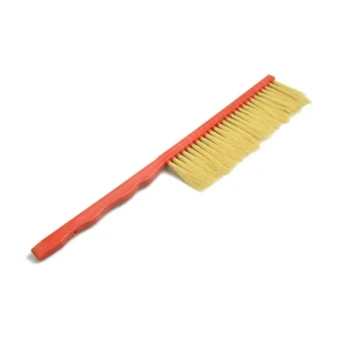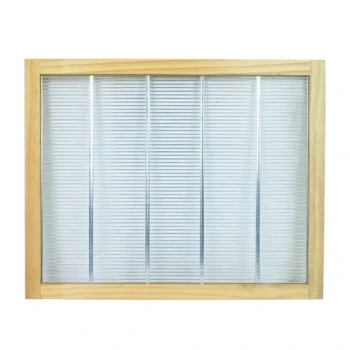While not an everyday nuisance, mice represent a significant and predictable threat to beehives, particularly as cold weather sets in. It is a common enough problem that preventative measures are considered standard practice for any beekeeper in a region with a cold winter. Ignoring this threat can easily lead to the complete loss of a colony.
The core issue is not the frequency of mouse encounters, but the severity of the damage they cause. A single mouse that successfully enters a hive for the winter will almost certainly destroy the colony, making prevention an essential part of your seasonal management plan.
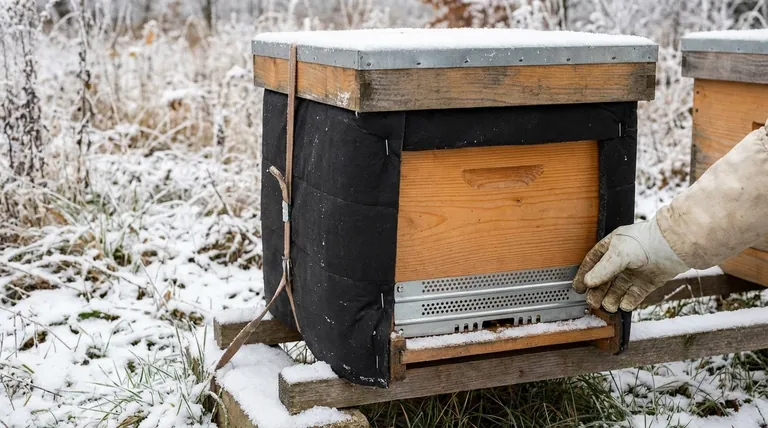
Why Mice Are a Devastating Hive Pest
A beehive in autumn is a perfect target for a mouse seeking shelter. It offers warmth generated by the bee cluster, protection from the elements, and a high-energy food source in the form of honey, pollen, and even the bees themselves.
The Destruction Inside the Hive
Once inside, mice are not passive guests. They will chew through wax comb to create tunnels and build a nest, often using shredded hive insulation or other debris they bring in. This destruction of comb, where bees store food and raise their young, is catastrophic for the colony's structure.
Stress and Contamination
The constant presence, movement, and odor of a mouse create immense stress on the winter bee cluster. Furthermore, mice will urinate and defecate throughout the hive, contaminating the comb and frames. A healthy colony will not tolerate this, and the bees may abscond (abandon the hive) or perish from the disturbance and filth.
Signs of a Mouse Infestation
You can typically identify a mouse problem without having to see the mouse itself. Key signs include a strong, musky urine smell upon opening the hive, chewed-out sections of comb in a U-shape, and visible nesting materials like grass, leaves, or shredded fabric. You may also notice the hive entrance has been chewed to enlarge it.
Understanding the Trade-offs of Prevention
The primary method for preventing mouse entry is installing a physical barrier. While highly effective, it's important to understand the timing and implications.
Entrance Reducers vs. Mouse Guards
An entrance reducer is a small block of wood or plastic that narrows the main hive entrance. A mouse guard is typically a strip of metal with holes drilled into it that are large enough for bees to pass through but too small for a mouse. Both serve the same purpose.
The Timing is Critical
These guards should be installed in the fall after the primary honey flow has ended and temperatures begin to drop. Putting them on too early in the season can create a "traffic jam" for bees during a busy nectar flow, hindering foraging.
Forgetting to Remove Them
Conversely, failing to remove the guards in the spring can also cause problems. A reduced entrance can slow the colony's expansion and may not provide enough ventilation on hot summer days. It also makes it harder for the bees to defend against other pests like wasps.
Making the Right Choice for Your Colony's Survival
Your strategy should be proactive, not reactive. Once a mouse is established in a hive with a living colony, the colony's chances of survival are grim.
- If your primary focus is fall preparation: Install a mouse guard or turn your entrance reducer to its smallest opening as soon as nighttime temperatures consistently drop. This is the single most effective action you can take.
- If your primary focus is winter survival: Ensure your colonies are strong and healthy going into winter. Mice are more likely to successfully invade and overwhelm a weak or dwindling colony.
- If your primary focus is a spring inspection: If you discover mouse damage in the spring, the colony has almost certainly died. Your priority is to salvage the equipment by scraping, cleaning, and scorching the woodenware to sterilize it before reuse.
Ultimately, preventing mice from entering your hives is a fundamental and non-negotiable step in successful winter beekeeping.
Summary Table:
| Key Aspect | Key Takeaway |
|---|---|
| Prevalence | A common and predictable threat in regions with cold winters. |
| Impact | Can lead to complete colony loss through comb destruction and contamination. |
| Primary Prevention | Install a mouse guard or entrance reducer in the fall. |
| Critical Timing | Install in late fall; remove in early spring to avoid hindering the colony. |
Protect your investment and ensure your colonies survive the winter. HONESTBEE supplies commercial apiaries and beekeeping equipment distributors with the durable, effective mouse guards and entrance reducers needed for proactive hive management. Don't let a preventable pest destroy your season's work. Contact our wholesale experts today to discuss your seasonal equipment needs.
Visual Guide
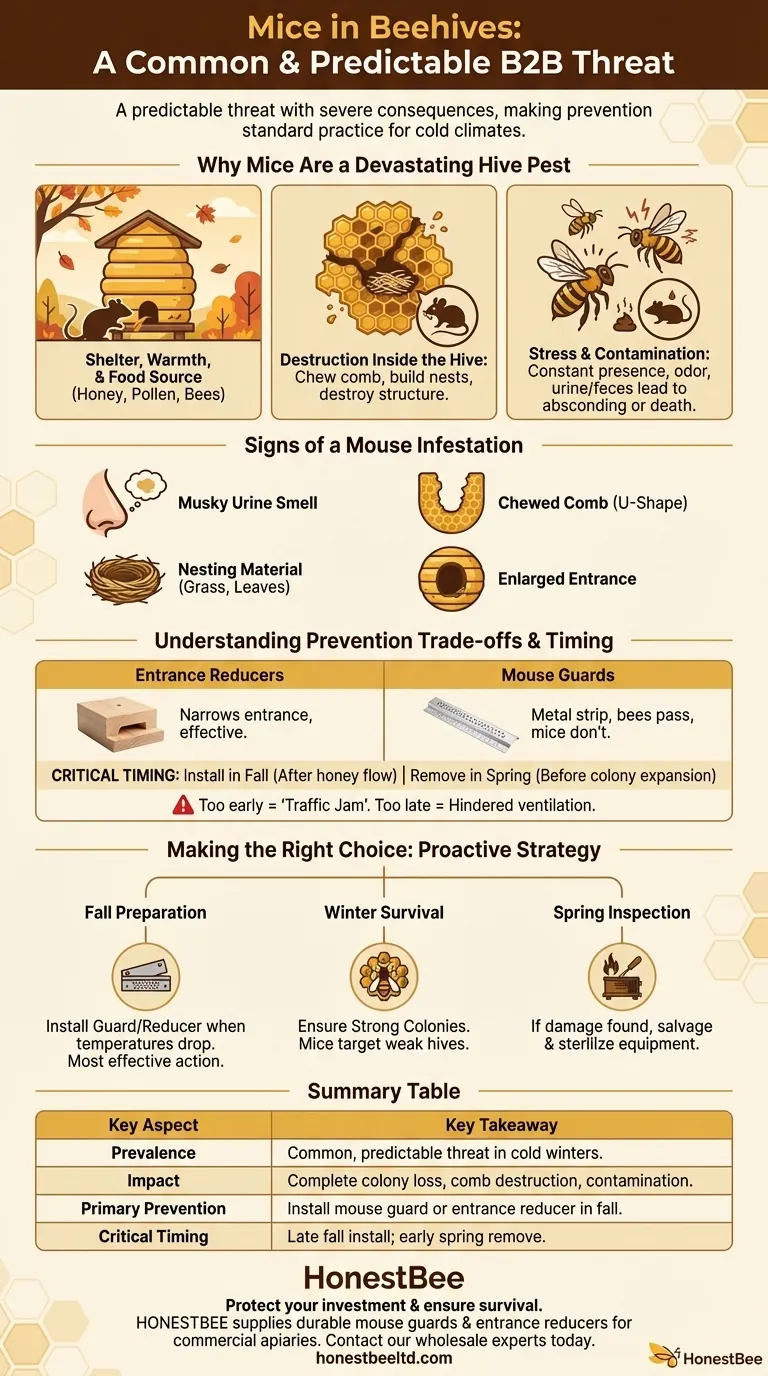
Related Products
- Professional Insulated Winter Hive Wrap for Beekeeping
- HONESTBEE Professional Long Handled Hive Tool with Precision Cutting Blade
- Professional Ant-Proof Beehive Stand with Integrated Moat for Beekeeping
- Wholesales Dadant Size Wooden Bee Hives for Beekeeping
- Professional Insulated Plastic Bee Hives
People Also Ask
- What is the primary purpose of using sterile disposable scalpels? Ensure AFB Analysis Accuracy and Purity
- What is the recommended procedure for handling hive equipment from a colony that died of AFB? Protect Your Apiary Now
- What is the function of plywood mortality collection boards? Essential Diagnostic Tools for Hive Health
- How do metal grid monitoring trays assist in pest control? Optimize Hive Health with Data-Driven Beekeeping
- What is the importance of solar power systems for beehive defense equipment in remote areas? Powering Off-Grid Apiaries
- Why is the metal bottom mesh of a Collector-type dead bee trap designed with a specific comb-like structure?
- What role do specialized disinfection equipment and biosafety consumables play in the prevention of bee diseases?
- What is the role of a Chalkbrood severity grading tool? Elevate Your Apiary's Disease Resistance with Precision


